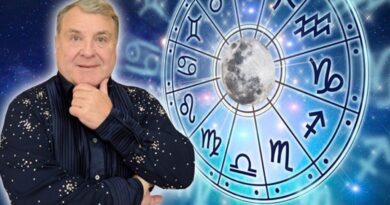Fall asleep fast and feel rested with scientist’s five hacks
Neuroscientist and best-selling author on sleep, Matthew Walker, has divulged his top five strategies for achieving restful slumber. During an appearance on the Diary of a CEO podcast show, the Liverpool-born academic laid out actionable advice for those struggling with sleep.
Matthew Walker is a professor of neuroscience and psychology at the University of California, Berkeley, and founder of the Center for Human Sleep Science. He has been featured on numerous television and radio outlets, including the BBC.
Speaking to host, Steven Bartlett, professor Walker emphasised the importance of consistency, especially for optimal sleep health. He explained: “There’s probably I think five standard tips what we call sort of sleep hygiene.
“First thing is regularity go to bed at the same time and wake up at the same time no matter, whether it’s the weekday or the weekend.” He continued to explain that our brains crave routine.
“Your brain expects regularity it thrives best in the conditions of regularity when you give it regularity you can improve the quantity and the quantity of your sleep,” he said.
Walker also stressed the significance of darkness in preparing for sleep. “We don’t get enough darkness in the modern world,” he said.
“The trick I would offer… would be in the last hour before bed, dim down half of the lights… in the last hour before bed… you will be surprised at how sleepy that darkness will make you feel.”
For his third piece of advice, Walker highlighted the need for a cooler sleeping environment. He mentioned: “Most people sleep in an ambient bedroom temperature that is too high.
“You need to aim for bedroom temperature of about 18 to 18 and a half degrees Celsius. You need to drop your core body temperature and your brain temperature by about one degree Celsius to fall asleep and stay asleep.
“It’s the reason that you will always find it easier to fall asleep in a room that’s too cold than too hot. So make your bedroom cold make it dark like a cave.”
The professor’s fourth suggestion is the 30-minute rule. If you’ve been trying to sleep for half an hour but can’t seem to drift off, get up and do something else.
Be that meditation, walking round the house or another non-stressful task until you feel sleepy. There is no use in getting more and more frustrated while lying in bed, he says.
The fifth tip is to limit your amount of alcohol. It is not a sleep aid despite making people feel relaxed, he said.
“Alcohol is very good at blocking your REM sleep or your dream sleep which we know is critical…alcohol’s not your friend,” Walker added.





